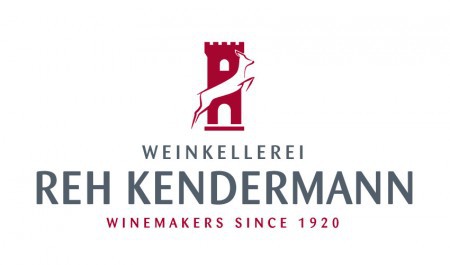Paul Symington: "Port needs to change with the times"
Paul Symington said that to ensure the future of the category, "Port needs to change with the times". He is optimistic that the recent success of aged tawny Ports is a step in the right direction for the category as whole.
Symington, a fourth generation Port producer and the managing director of Symington Family Estates, said: "I do think that there is a fundamental shift in how people view Port.
"The traditional London clubs are selling half the vintage Port they sold 10 years ago. The way people live is much more informal these days.
"We have to move with the times. We are not just selling to wealthy people in great land estates with cellars under their palaces. We are selling to people who love fine wine. This is why I think that old tawnies are selling so well."
Graham's aged tawnies have done particularly well in recent years, reflecting the success of the category overall.
"Tawny port has seen phenomenal growth," Symington said. "In 2010 the old tawny category was worth a total of €56m and in five years has grown to over being worth €67m. That is an additional €10.8m.
"This is encouraging for producers and I think we will see additional growth in the coming years."
Producing aged tawny Ports however is not without its challenges and there are no short cuts.
 Graham's 1972 Single Harvest Tawny Port
Graham's 1972 Single Harvest Tawny Port
"There is an underlying theme with all the Ports that we sell and that is time. There is absolutely no short cuts to great tawny Ports. There is no way technically that you make wines like this other than putting them into barrel," Symington said.
"In a world that is getting faster and faster there is nothing more traditional than a great tawny Port. That is why they merit the real respect which they are getting."
Large investments and a great deal of time are needed to make such aged Ports like Graham's 20 Year Old Tawny, 30 Year Old Tawny, 40 Year Old Tawny and Single Harvest 1961, 1969 and 1972.
"You have to get it right. You need to be setting aside stock many years ahead of time. We have 17,500 barrels in stock. Our biggest asset is our casks of wine.
"We couldn't run a great Port company without stock. It is our most valuable asset in our family business," Symington said.





